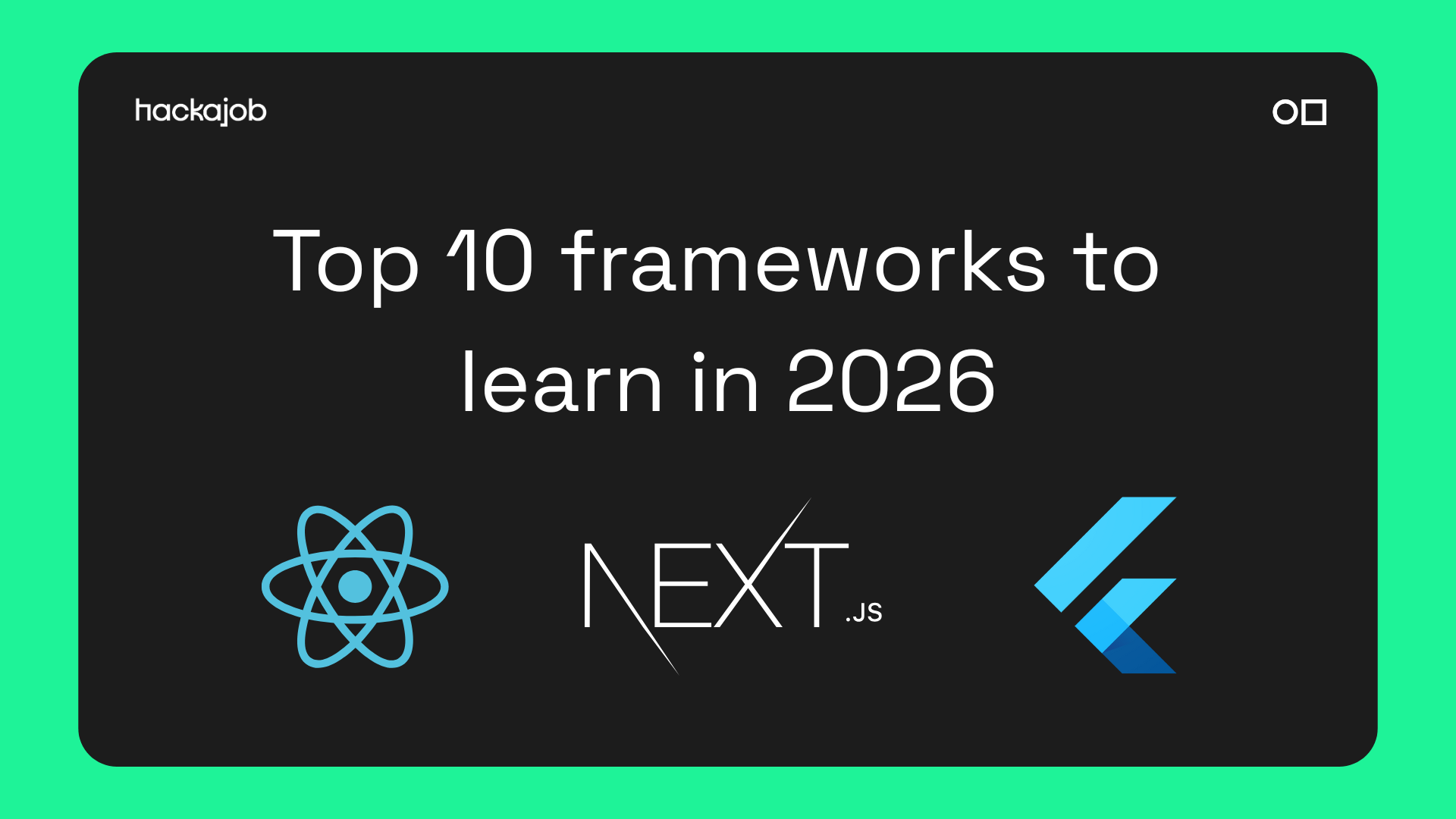.png?width=730&height=263&name=image%20(14).png)
1. Journey into Tech
Alice, you began your tech journey in 2004/5 with a focus on 'New Media'. Can you share your experiences from your apprenticeship scheme and how it set the foundation for your career in digital media?
In 2005, I entered the media industry during a particularly exciting era. It was a time before smartphones, with social media platforms like Facebook, YouTube, and Twitter still in their early stages. The potential of digital technology to transform the media landscape was palpable, and I was eager to be part of that evolution.
I had the opportunity to join an apprenticeship scheme focused on ‘New Media’, which was a precursor to what we now refer to as digital media. This program equipped me with a range of skills essential for film and TV production, including basic coding, editing, filming, interactive game development, and video transcoding. In an era before streaming, these skills were crucial for creating small video files that could be sent to mobile phones.
This apprenticeship paved the way for my role as an assistant producer at BBC Wales. It was a thrilling time, particularly with the resurgence of "Doctor Who" and its various spin-offs like "Torchwood" and "The Sarah Jane Adventures”. My work involved creating innovative digital content and exploring new storytelling methods, which allowed for a great deal of creative freedom. One notable project was the "Torchwood Mission Game," an alternate reality game that complemented the TV series. This immersive experience included fictional websites, a fake radio station, and a series of online challenges that engaged fans in the show's narrative. The project was a testament to the creativity and innovation of the period and marked a significant step in my career in Interactive Digital Media.
2. Innovative Projects at BBC
You’ve worked on a variety of innovative projects at the BBC, including interactive games, virtual reality, and interactive TV. What were some of the most memorable projects you worked on, and what impact did they have on your career?
One standout project was "Sherlock Live”, which we developed in 2017. The concept involved creating a live interactive Sherlock Holmes case that viewers could attempt to solve in real time. The goal was to challenge participants' deductive skills against Sherlock himself, making the experience both playful and accessible to a wide audience, including casual viewers.
We pitched the idea to the show's creators, Steven Moffat and Mark Gatiss, who were enthusiastic about the project. The final concept featured Sherlock Holmes taking over the BBC One Twitter account, causing mischief and leaving clues for viewers to solve. Steven Moffat and Mark Gatiss even joined in by live-tweeting in character, adding an extra layer of interactivity and fun. The playful exchanges with fans, including responses to Miss Piggy, contributed to the project’s success. "Sherlock Live" won several awards, including a Webby and two Lovey Awards, and significantly boosted BBC One's Twitter following, reaching a broader audience through this interactive experience.
Another notable project was the digital launch of Jodie Whittaker as the Doctor in "Doctor Who" in 2018. This marked a major milestone as it introduced the show's first female Doctor and a new creative team led by Chris Chibnall. The pressure was high to ensure a successful digital launch. As the series producer for additional video content, I oversaw the creation of behind-the-scenes content to support the show globally. This included short-form social media content, mid-form features for TV and streaming services, and longer-form content for cinema releases. Despite tight deadlines and significant pressure, the team's efforts were rewarding and integral to the campaign's success for this iconic show.
3. Digital Evolution in Broadcasting
Having been involved in the digital coverage of Glastonbury and the launch of iPlayer Radio, how do you think digital innovations have transformed traditional broadcasting at the BBC?
The BBC has long been a leader in digital innovation, with a rich history that includes pioneering technologies such as the Acorn computer, Ceefax, and the launch of BBC iPlayer in 2007. The BBC’s research and development teams continuously explore emerging technologies to drive new innovations, staying true to the principles of public service broadcasting.
Since I joined the BBC in 2006, digital has evolved from a peripheral activity to a central component of the organisation’s strategy. Today, the BBC’s approach is firmly digital-first, as articulated by our Director General, Tim Davie. The shift towards a digital-centric strategy reflects the broader transformation within the BBC.
During my time at Radio 2 and 6 Music, I was involved in the launch of iPlayer Radio, the precursor to BBC Sounds. This project marked a significant shift from individual, bespoke websites for each radio station to a unified digital product experience for radio and podcast consumption. This transition required not only technological changes but also a cultural shift within the organisation.
I find the human side of digital transformation particularly rewarding. Integrating the right expertise and creating effective workflows are crucial to delivering value for our audiences. While change can be challenging and met with resistance, the opportunities for innovation and improvement are immense. Continuously refining our processes and fostering collaboration remains a key focus for us, ensuring we consistently offer exceptional value to our audience.
4. Bridging Content and Product Development
Your current role involves bridging content production and product development. Can you elaborate on the challenges and opportunities that come with this editorial bridging role?
The intersection of digital technology and editorial content creation is a space I find particularly engaging. This role is highly collaborative and requires adapting communication styles to suit different audiences. One key challenge is bridging the gap between the content and digital tech sides of the business, each with its own jargon and working methods. A significant part of my role involves translating technical language for content creators and vice versa.
Having experience in both digital tech and content creation has highlighted the distinct cultures and approaches within these areas. For example, journalists focus on meticulous fact-checking and obtaining senior-level approval to ensure accuracy and polish before publishing. In contrast, digital tech emphasises experimentation, releasing minimal viable products, and iterating based on feedback.
Balancing these differing approaches—precision in content and iterative development in technology—presents both challenges and opportunities. Finding common ground between these perspectives is crucial. While it's important to release early and learn from real-world usage, maintaining a strong reputation and avoiding significant errors is equally vital. When successfully integrated, the collaboration between content creators and digital tech professionals leads to innovative solutions and superior products for audiences. Understanding both content and technology enhances our ability to develop effective digital products, ultimately benefiting the end user and driving forward innovation.
5. Ethical AI and Content Recommendations
Personalisation and content recommendation algorithms are crucial in digital media. How do you ensure these algorithms are built and implemented responsibly, considering diversity, ethical concerns, and legal compliance?
I love working in this area because it's very much an emerging technology at the moment and we haven't got quite all the answers, but we're learning really fast and there's great opportunity to get this right, but also to approach it perhaps differently to commercial competitors. As a universal service, the BBC is committed to delivering relevant content to all audiences across the UK. This includes offering a breadth of content, which could be based on factors such as location or diversity. Our goal is to serve not only our most engaged users but also those who may not currently be as active.
We adhere to our BBC editorial guidelines when incorporating AI and machine learning into automated content curation. It's crucial that these guidelines inform our practices and that we work closely with editorial teams from the beginning of algorithm development. This collaboration ensures that our content curation remains aligned with our public service values and includes appropriate safeguards, such as business rules and blocklists to manage sensitive or irrelevant content.
We continuously refine our workflow for sign-off, approval, and governance, collaborating with the responsible AI team to develop effective methods that support our editorial standards. This ongoing evolution helps us balance innovation with adherence to our core principles, ultimately enhancing the quality and relevance of our digital offerings.
6. Promoting Diversity in Tech
As Co-Chair of the BBC Women in STEM staff network, what strategies do you find most effective in encouraging women and diverse groups to pivot into tech careers?
Almost every job now involves some degree of tech, particularly with advancements in AI and generative tools. This has led to concerns about technology potentially replacing jobs and has sparked a need to demystify technical terminologies and improve digital literacy across diverse audiences. Understanding that no one can master every aspect of technology is crucial. What matters is contributing to tech development with diverse perspectives and experiences, which enriches the creation of effective technology products.
To address this, we host events, conferences, and networking opportunities that encourage discussions about tech, especially AI, and aim to involve women and individuals from diverse backgrounds in these conversations. It's essential to include voices from marginalised groups in shaping the future of technology.
Transitioning into tech roles is a viable option at various career stages. Personally, I began my career with some technical background but moved into content creation before returning to tech. Initially, I was concerned about not understanding all technical details, but I learned that grasping enough to contribute effectively is sufficient. Different expertise and backgrounds are valuable in tech, and there's significant potential for career growth in this field.
Notably, the presence of exceptional female leaders in tech roles at the BBC has been inspiring for me. When I started my career in 2006, the field was predominantly male. Today, seeing prominent female leaders like Storm Fagan, our Chief Product Officer, and her manager, Leigh Tavaziva, Group Chief Operating Officer, has made the tech industry more accessible. I think it's important to see females working at all levels of seniority in the tech industry.
7. Flexible and Inclusive Work Environment
The BBC offers a lot of career opportunities and flexible working arrangements. Can you tell us more about initiatives like the 80/20 scheme and how the organisation supports a flexible and inclusive work culture?
The BBC stands out for the diverse range of jobs at the organisation, there is a wide range of disciplines and different career paths . This diversity not only enriches the work environment but also provides unique chances for personal and professional growth.
One of the notable initiatives is the Hot Shoes scheme, which allows staff to spend a couple of weeks in a different business area to gain new perspectives. Another opportunity is 80/20, where employees can allocate 20% of their time to a different department while maintaining 80% of their time in their primary role. This scheme is ideal for those considering a career shift or wanting to build connections in a new field.
The BBC also offers fully funded staff apprenticeships through its apprenticeship scheme, which involves dedicating 20% of your time to personal development and earning a qualification. Additionally, there are various flexible working options, including the ability to adjust hours across the week or take extended breaks, which can be particularly beneficial for those with caregiving responsibilities.
Want to join the BBC?
If you’d like to join the team at BBC, then create a profile on the hackajob platform or log in to your profile here. Follow what they are up to on their hackajob profile.
Like what you've read or want more like this? Let us know! Email us here or DM us: X, LinkedIn, or Instagram, we'd love to hear from you.


